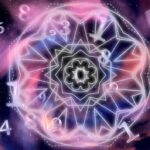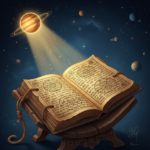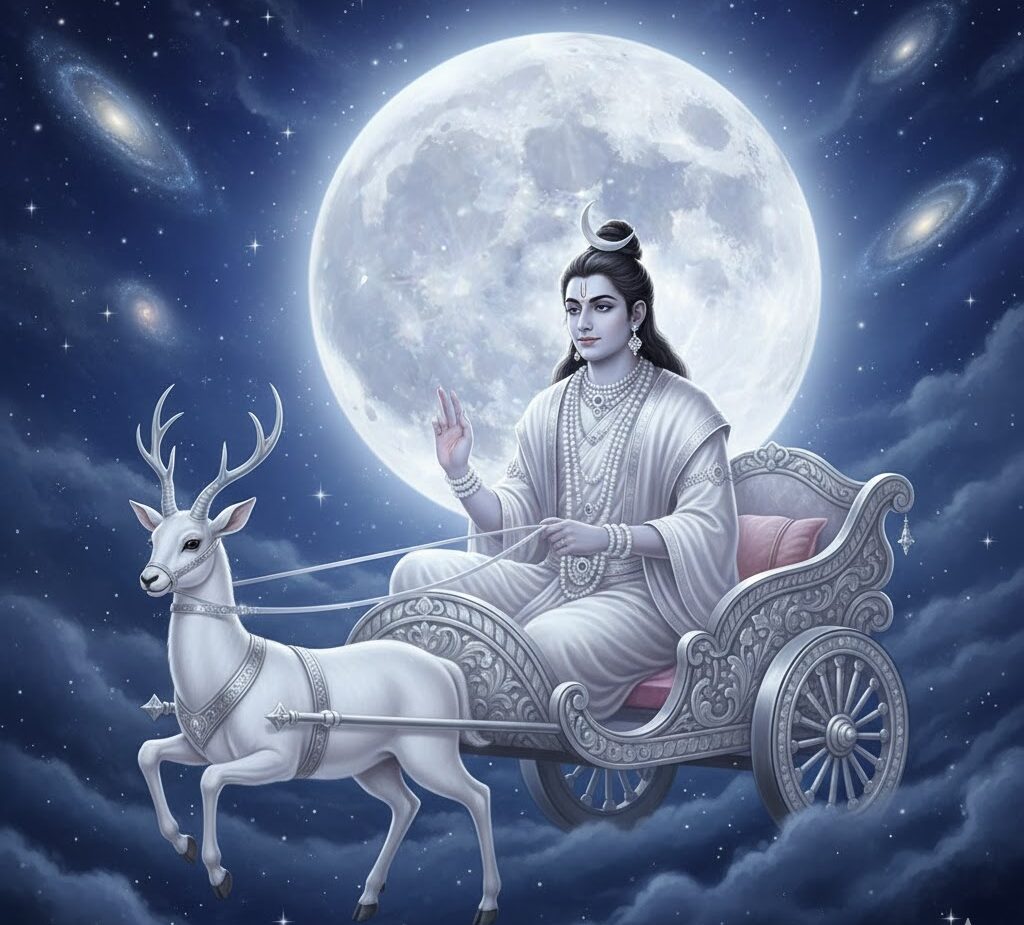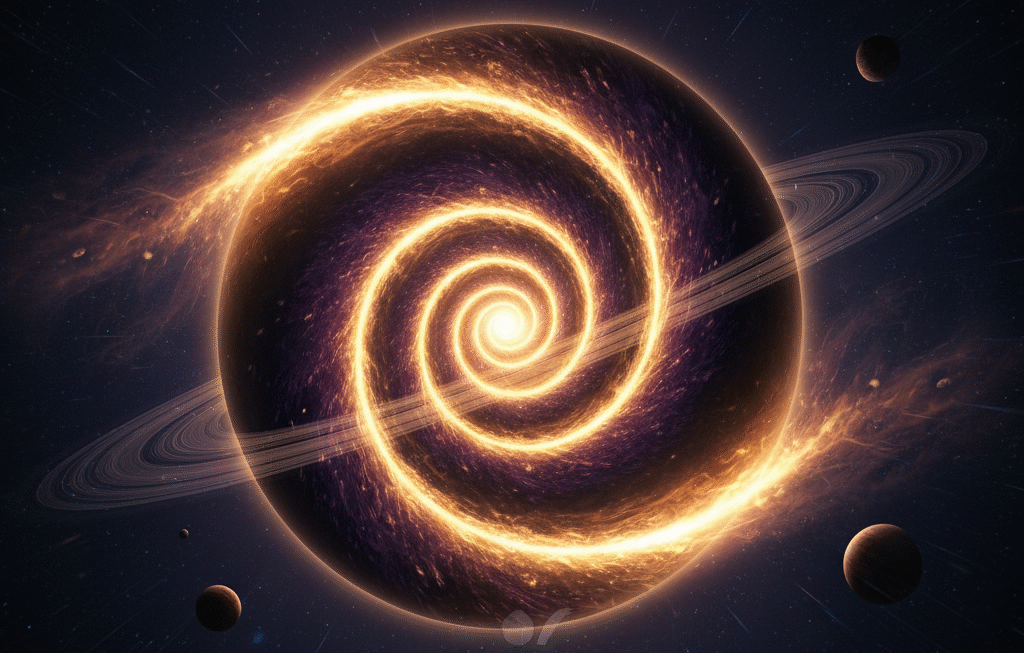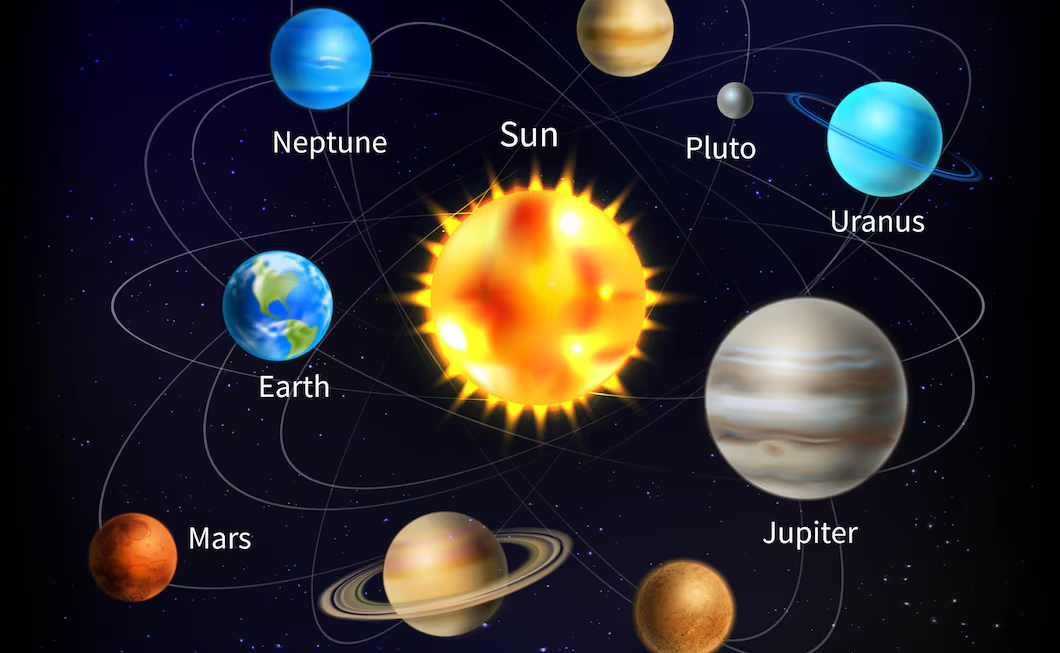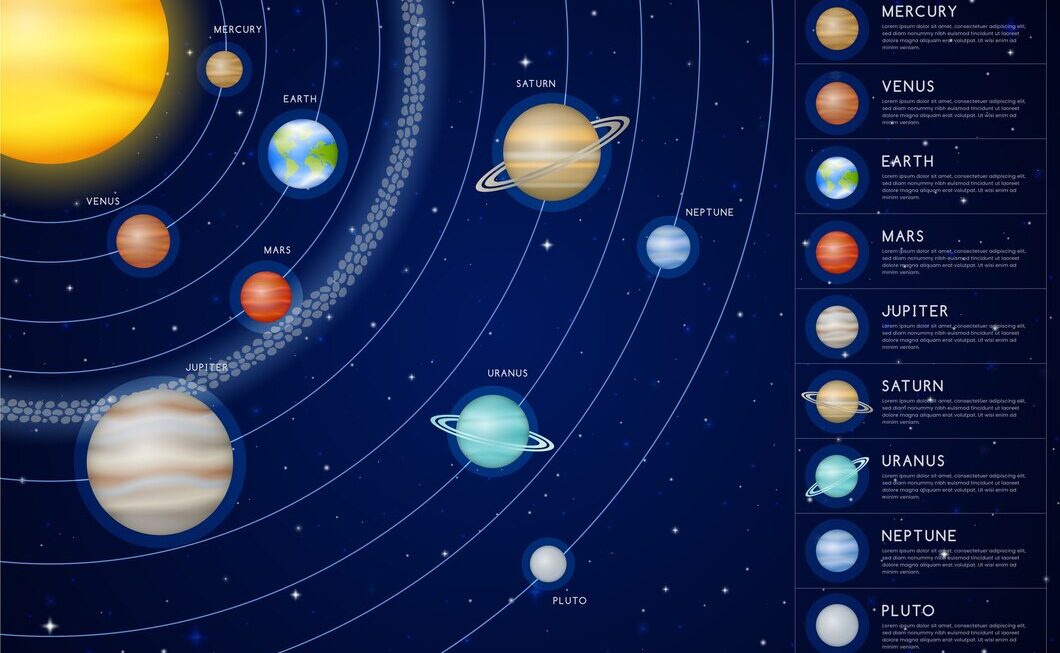There is a king in your chart (the Sun), who represents your divine, unchanging soul. But there is also a queen. She is the luminous, receptive, and ever-changing force that governs your inner world. Her name is Chandra, the Moon. In the profound wisdom of moon vedic astrology (Jyotish), Chandra is arguably the most important of the Nine Planets, for he (the deity is male, though the energy is feminine) governs your experience of life itself.
While the Sun is the “I am,” the Moon is the “I feel.” He is the mirror of your consciousness, the sea upon which the boat of your life sails. To understand chandra vedic astrology is to unlock the secrets of your own mind, your emotional body, and your deepest-seated patterns. He is your comfort, your mother, your home, and the very lens through which you perceive reality.
The Luminous Queen: Who is Chandra?
In Vedic mythology, Chandra is a gentle, beautiful, and receptive deity. He is not a self-luminous force like the Sun; he reflects the Sun’s light. This one fact is a profound teaching: our mind (Moon) has no light of its own, it only reflects the light of our soul (Sun).
Chandra’s origin story is magnificent. He was born from the mind of the cosmic being, Purusha, and he also emerged during the Samudra Manthan (the Churning of the Ocean of Milk). This tells us he is connected to both cosmic consciousness and the primordial, creative waters of life.
His most famous story involves his 27 wives, who are the 27 Nakshatras (lunar mansions). Chandra was cursed by his father-in-law, Daksha, for showing favoritism to one wife, Rohini. The curse was that he would wane and die. The other gods intervened, and the curse was modified so that he would wane but then wax back to fullness, a cyclical “death” and “rebirth” every month. This story perfectly explains the Moon’s phases and, by extension, the cyclical nature of our own emotions, energy, and even the tides of the ocean.
Manas Karaka: The Significator of Your Mind
This is the most critical concept to grasp about the Moon, and it forms the core of moon vedic astrology.
Opinion: The Moon is not just a symbol for “emotions”; it is the Manas Karaka, the direct and primary significator of your Mind (Manas) in its entirety.
Reason: In Vedic thought, the mind is not just the intellect (which is Mercury). The Manas is the entire perceptual apparatus. It is your consciousness, your memory, your imagination, your subconscious, and the faculty that receives all sensory input. It is the screen upon which your entire life plays out. While the Sun is the soul (the one watching the movie), the Moon is the screen and the film itself.
Example: A person with a strong, well-placed, and bright Moon (for example, exalted in Taurus or in its own sign of Cancer, and waxing toward fullness) will have a stable mind, emotional resilience, a positive outlook, deep empathy, and a strong, nurturing connection to their mother. Their “screen” is clear. Conversely, a person with a weak or afflicted Moon (for example, debilitated in Scorpio, in a difficult house, or dark, near the New Moon) may experience mental instability, anxiety, depression, phobias, a difficult relationship with their mother, and a general sense of unease or distorted perception of reality. Their “screen” is smudged, dark, or flickering.
Opinion/Restatement: Therefore, the condition of the Moon in your birth chart is the single most important factor in determining your subjective experience of life, your day-to-day happiness, and your overall mental and emotional well-being.
The Divine Mother: Moon Planet Meaning (Natural Karaka)
As a Naisargika Karaka (natural significator), the moon planet meaning extends to several crucial areas of our life. When we want to understand these topics, we look to Chandra.
- The Mind (Manas): As the Manas Karaka, this is his primary role.
- The Mother: Chandra is the primary significator for the mother. The Moon’s condition in your chart reveals your perception of your mother, her health, her influence on you, and your capacity for nurturing.
- Emotions & Feelings: He governs your entire emotional landscape—your moods, your feelings of joy and sorrow, your capacity for love and compassion.
- The Public: While the Sun is the King, the Moon is the Queen, which also represents the public, the masses, and popular opinion.
- Nurturing & Comfort: He signifies your ability to nurture and be nurtured. He is your home, your sense of safety, your food, and all things that bring you comfort.
- Fluids & Fertility: Chandra governs the fluids in the body (water, blood, lymph), the tides of the ocean, plants, and all aspects of fertility and childbirth.
- The Subconscious: He rules our dreams, our intuition, our psychic abilities, and our receptivity.
The Royal Court: Chandra Graha’s Friends & Enemies
As the Queen of the cosmic cabinet, the Moon’s relationships are unique. The Chandra Graha has a special status.
- Friends (Mitra):
- Sun (Surya): The King. The Sun and Moon are the two royal luminaries, the divine father and mother. They work together.
- Jupiter (Brihaspati): The Guru. Jupiter’s wisdom, optimism, and expansive nature are a great blessing to the Moon’s mind. This combination (especially Gajakesari Yoga) creates a person who is wise, benevolent, and highly respected.
- Enemies (Shatru):
- The Moon has no enemies. As the divine mother, her love is universal. She holds no animosity toward any other planet.
- Planets with Animosity towards the Moon:
- Mercury (Budha): Mercury is the Moon’s mythological (and illegitimate) son. Mercury, representing the logical intellect, feels animosity toward the feeling-based Moon. This can represent the classic conflict between the heart and the head.
- Venus (Shukra): Venus (pleasure) and the Moon (emotion) can have a complex relationship, sometimes leading to over-indulgence or emotional excess.
- Saturn (Shani): Saturn (sorrow, discipline) is a harsh influence on the gentle Moon. Their conjunction can cause melancholy, depression, or a very cold, detached mind (Vish Yoga or “Poison Yoga”).
- Rahu & Ketu: These two shadow planets have a profound impact. They “eclipse” the Moon. Rahu can create phobias, obsessive thoughts, or psychic disturbances. Ketu can create detachment, spiritual insight, or a feeling of emotional emptiness.
The Tides of Strength: Chandra’s Dignity in the Zodiac
The Moon’s strength is twofold: its sign placement (like other planets) and its phase (unique to the Moon).
- Paksha Bala (Phase Strength): This is paramount.
- Full Moon (Purnima): A Moon that is full (within 72 degrees of opposing the Sun) is considered a Purna Chandra. This is a highly benefic, strong, and auspicious Moon, granting a sound mind and public acclaim.
- New Moon (Amavasya): A Moon that is dark (within 72 degrees of conjuncting the Sun) is Kshina Chandra (weak Moon). It is considered a malefic and can indicate a more difficult, introverted, or turbulent inner state.
- Waxing Moon (Shukla Paksha): A Moon growing from New to Full is naturally benefic.
- Waning Moon (Krishna Paksha): A Moon shrinking from Full to New is naturally malefic.
- Sign Dignity:
- Exaltation (Uchha) in Taurus (Vrishabha): The Moon is at its absolute peak of power here. Why? The changeable, watery Moon finds its greatest peace and stability in the fixed, earthy, and sensual sign of Taurus (ruled by Venus). This creates a mind that is calm, content, stable, artistic, and patient.
- Own Sign (Swa-Kshetra) & Moolatrikona in Cancer (Karka): This is the Moon’s own home. Here, the mind is at its most emotional, empathetic, intuitive, and nurturing. The connection to home, mother, and comfort is paramount.
- Debilitation (Neecha) in Scorpio (Vrischika): The Moon is at its weakest and most uncomfortable here. Why? Scorpio is a deep, dark, turbulent, and secretive watery sign ruled by Mars (fire) and Ketu (separation). The gentle, vulnerable Moon is exposed to intense, stormy, and often traumatic emotional energies, leading to jealousy, anxiety, psychological intensity, and a turbulent inner world.
Nurturing Your Inner Moon
Understanding your natal Moon is the key to emotional well-being. It shows you exactly what you need to feel safe, loved, and at peace.
- If your Moon is strong: Your gift is your heart. Your duty is to nurture others, to create a safe space for those around you, and to trust your powerful intuition.
- If your Moon is weak or afflicted: Your primary life’s work is to heal your mind and your relationship with your mother. You must consciously create stability and comfort for yourself.
- Honor the Mother: Respecting your mother, mother figures, and the divine feminine in all forms is the primary remedy for the Moon.
- Meditation & Prana: Practices like meditation, mindfulness, and pranayama (breathwork) directly calm the Manas.
- Connect with Water: Spending time near water (lakes, oceans, rivers) or even taking a soothing bath can calm the Moon.
- Use Silver: The Moon’s metal is silver. Drinking water or milk from a silver cup is a traditional remedy.
- Wear a Pearl: A high-quality, natural pearl (worn on the little finger, on a Monday) is the classic gemstone for strengthening the Moon.
- Charity: Donating milk, rice, or silver to women or those in need on a Monday is a powerful act of remediation.
- Chanting: The mantra Om Chandraya Namaha or the seed mantra Om Somaya Namaha (chanted on Monday evenings) attunes your vibration to the Moon’s healing energy.
The Moon is your internal, subjective reality. It is the mother who holds you, the home you return to, and the soft light that guides you through the dark. How do you nurture your inner world? How do you honor the queen in your chart? The answers are your first step toward true contentment.


